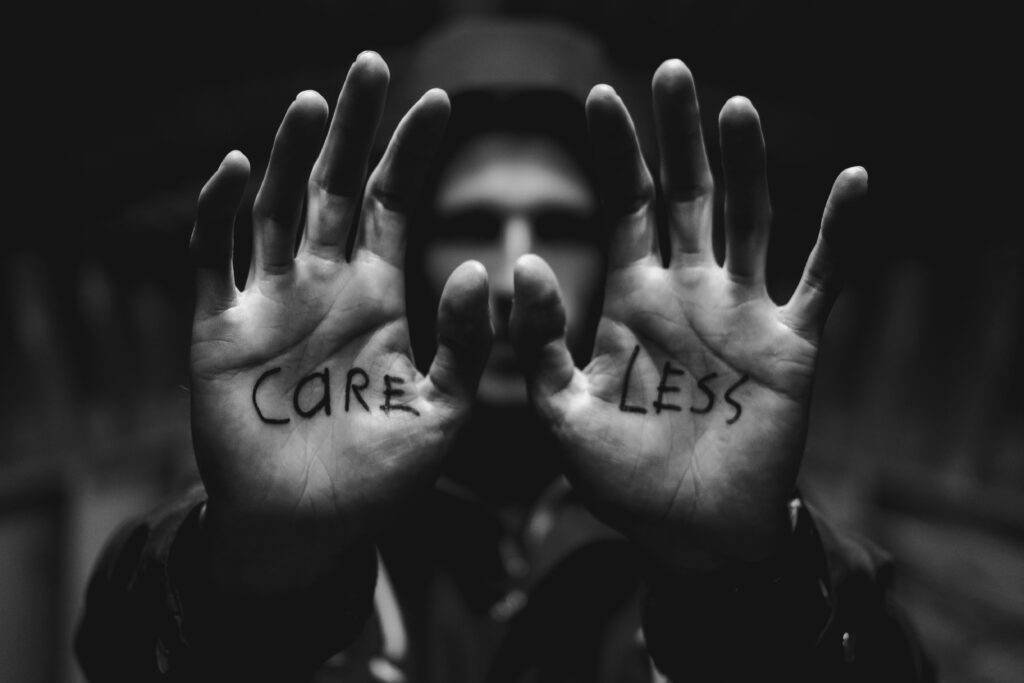
Recently, someone came to me concerned about the rise in antisemitism and anti-Muslim sentiment in our country. We discussed how influential figures, including some in the media, can inadvertently promote these biases. For instance, there’s concern about conflating Muslims with extremist groups or making insensitive remarks about Jewish communities. This person had heard my talks on dehumanization and its link to violence but was skeptical of the connection. They believed that while dehumanization is harmful, it doesn’t necessarily lead to violent actions. He used the old saying about sticks and stones.
I appreciated their thoughtful perspective. It’s true that most people don’t want to engage in violence. However, not everyone fits this norm. When influential leaders use dehumanizing language towards Muslims, Jews, Indigenous people, Black, Latinx, LGBTQIA, and other groups, it can create a dangerous permission for those already inclined toward violence. Dehumanization thrives on the false notion that our values and way of life are under threat by certain groups. It convinces some that these groups are not just different, but less than human, setting up a dangerous moral justification for violence.
The impact of dehumanization isn’t just about inciting the few to violence. It also affects how society views and interacts with the targeted groups. As violence escalates, more people may distance themselves from these groups, creating a vicious cycle of increasing isolation and aggression. Tragically, some people will actually blame the group that is being targeted with violence for doing something to cause or earn it!
Leaders have a responsibility for their words. They must strive to unite and promote justice and opportunity for all. Their words have power, and they must be mindful of the varied audiences, including those who might act on their rhetoric.
We’ve seen the tragic outcomes of this in incidents like the Pittsburgh Synagogue attack and the Portland MAX train stabbing in which non-Muslims were also harmed. The rise in violence against Jews and Muslims not only harms these communities but undermines the safety of our entire society.
I shared these thoughts, highlighting that while dehumanization might not directly affect everyone, the damaging words can create a climate where violence becomes a justified response for some. Dehumanizing words can lead to sticks and stones. The person I spoke with seemed to gain a new understanding and promised to reflect on our conversation. He asked, What can we do?
The way to counter false witness against a group is to relate to them, stand in public with them, and to bear truthful, positive witness about them within your own circle. When enough of us do this, we collectively have the power to counter this dehumanization, reduce violence, and lead us to a more positive future.
Photo by Mitchel Lensink on Unsplash
